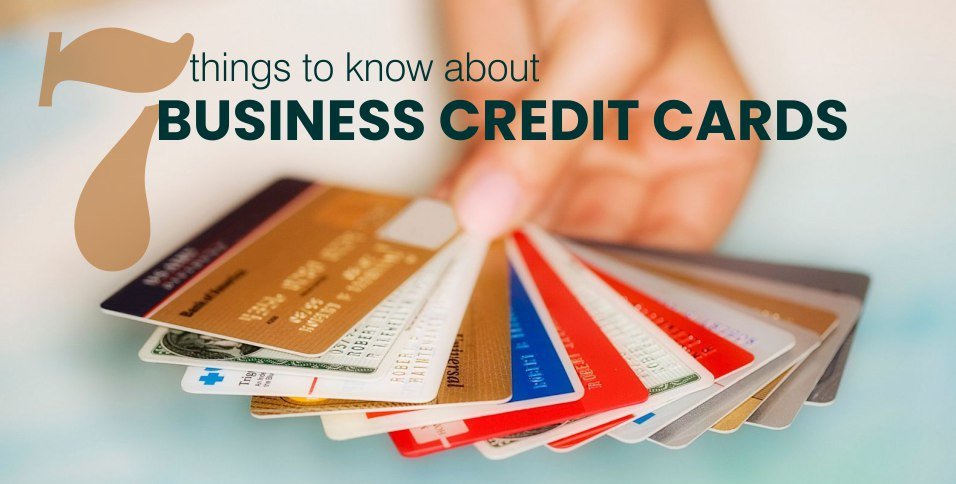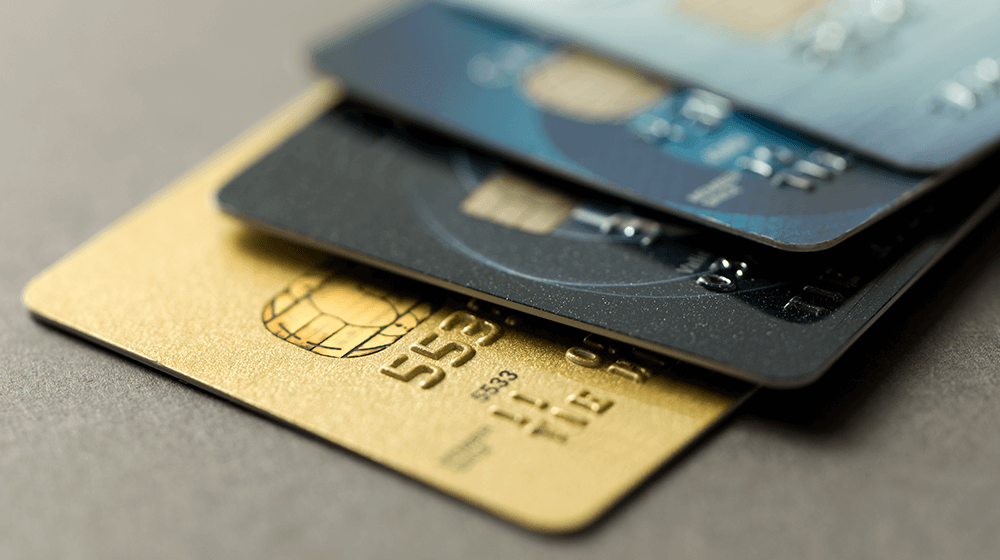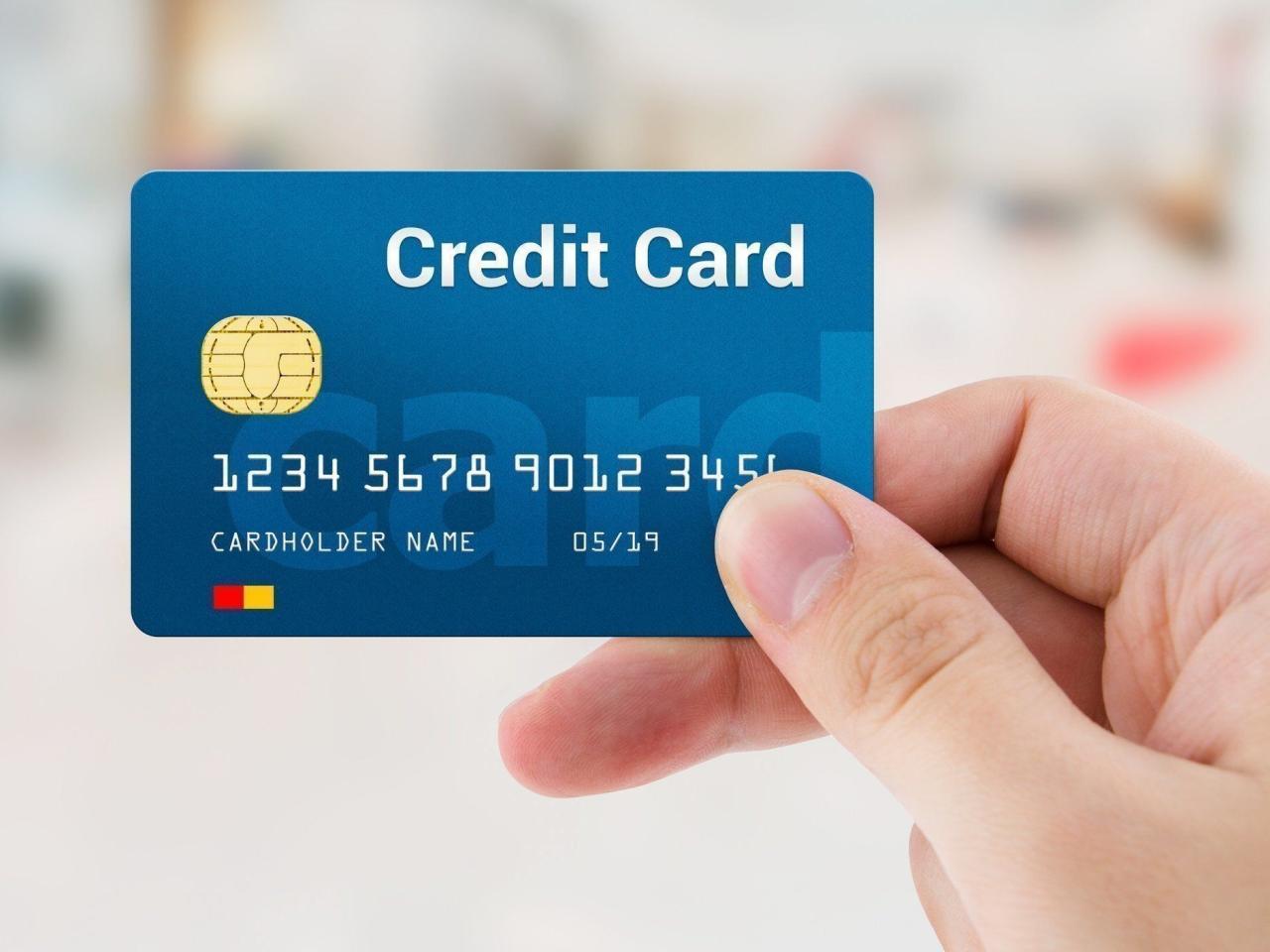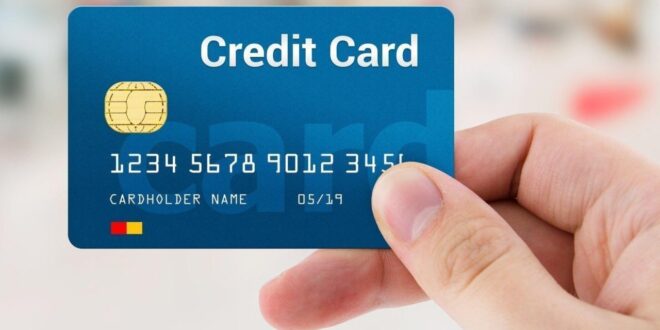Can any credit card be a business card? The answer is not as straightforward as it may seem. While it’s tempting to use your personal credit card for business expenses, doing so can lead to complications and potential risks. Understanding the differences between personal and business credit cards is crucial for responsible financial management.
Business credit cards are specifically designed to meet the needs of businesses, offering features like expense tracking, rewards programs tailored to business needs, and higher credit limits. Using a personal card for business purposes can negatively impact your personal credit score, create confusion in financial record-keeping, and even lead to tax issues.
Understanding the Difference Between Personal and Business Credit Cards
While both personal and business credit cards allow you to make purchases and build credit, they cater to different needs and offer distinct features. Personal cards are designed for individual spending, while business cards are specifically tailored for business expenses.
Key Distinctions Between Personal and Business Credit Cards
The primary difference lies in their intended use and the features they offer. Personal cards are for individual spending, while business cards are for business-related expenses. This distinction influences the features and benefits associated with each type.
Features and Benefits of Business Credit Cards
Business credit cards offer features specifically designed to support business operations and expense management.
Benefits
- Reward Programs: Many business cards offer rewards programs tailored to business needs, such as cash back on travel expenses or discounts on office supplies. These programs can help businesses save money and maximize their spending.
- Employee Cards: Business cards often allow businesses to issue employee cards, enabling authorized employees to make purchases on the company’s behalf. This can streamline expense tracking and simplify business travel arrangements.
- Travel Insurance: Some business cards provide travel insurance, offering protection against unexpected events like flight delays or lost luggage. This can be valuable for businesses that frequently travel.
- Purchase Protection: Business cards may offer purchase protection, which covers items purchased with the card against damage or theft. This can be a valuable benefit for businesses that make significant investments in equipment or inventory.
- Extended Warranties: Some business cards extend the manufacturer’s warranty on purchases made with the card, providing additional peace of mind for businesses.
Expense Management Features
- Detailed Statements: Business cards typically provide detailed statements that break down all transactions, making it easier for businesses to track expenses and reconcile accounts.
- Online Account Management: Most business credit cards offer online account management portals, allowing businesses to view statements, track spending, and manage account settings online.
- Expense Reporting Tools: Some business cards offer expense reporting tools that simplify the process of creating expense reports and submitting them for reimbursement.
- Account Reconciliation Features: Business cards may offer account reconciliation features that help businesses match their credit card statements with their internal records, ensuring accurate expense tracking.
Examples of Business Card Use for Expense Management
Business cards can be used in various ways to manage business expenses effectively.
Example 1: Travel Expenses
A business owner can use a business card to book flights, hotels, and rental cars for business trips. The detailed statements provided by the card can then be used to track these expenses and reconcile them with the company’s travel budget.
Example 2: Office Supplies
A business can use a business card to purchase office supplies, such as paper, pens, and printer cartridges. The rewards program offered by the card can help the business save money on these recurring expenses.
Example 3: Employee Expenses
A business can issue employee cards to authorized employees to make purchases on the company’s behalf. This can streamline expense tracking and ensure that all business expenses are properly documented.
The Purpose of a Business Credit Card

A business credit card is a valuable tool for businesses of all sizes. It can help you manage your finances, build your credit, and even earn rewards.
Advantages of Using a Business Credit Card
Business credit cards offer several advantages that make them a valuable tool for businesses.
- Separate Business and Personal Finances: Keeping your business and personal finances separate is crucial for good financial management. A business credit card allows you to track your business expenses independently from your personal spending. This separation makes it easier to monitor your business’s financial health and comply with tax regulations.
- Build Business Credit: Establishing and maintaining good business credit is vital for your company’s financial well-being. By using a business credit card responsibly, you can build your business credit score, which can make it easier to obtain loans, leases, and other forms of financing in the future.
- Earn Rewards and Perks: Many business credit cards offer rewards programs that can help you save money or earn valuable perks. These rewards can include cash back, travel miles, or discounts on business services.
- Increased Cash Flow: Business credit cards provide a convenient way to manage your cash flow. You can use them to make purchases and pay for expenses, giving you more flexibility and control over your finances.
- Fraud Protection: Business credit cards typically offer robust fraud protection, safeguarding your business from unauthorized transactions.
- Expense Tracking and Reporting: Many business credit cards come with online portals and mobile apps that allow you to track your expenses and generate detailed reports. This can simplify your accounting process and make it easier to analyze your business’s spending patterns.
Drawbacks of Using a Personal Credit Card for Business Purposes
Using a personal credit card for business purposes can have several drawbacks.
- Mixing Personal and Business Finances: This can lead to confusion and difficulty in tracking your business expenses.
- Negative Impact on Personal Credit Score: High business expenses on a personal credit card can negatively affect your personal credit score.
- Limited Liability Protection: Personal credit cards typically offer less liability protection than business credit cards, which could leave you personally liable for business debts.
- Lack of Business-Specific Benefits: Personal credit cards may not offer the same rewards, perks, or expense tracking features as business credit cards.
Factors to Consider When Choosing a Business Credit Card: Can Any Credit Card Be A Business Card
Choosing the right business credit card can be a significant step towards managing your business finances effectively. There are several key factors to consider when making your selection.
Evaluating Credit Card Rewards and Perks
Rewards and perks can provide substantial value to your business. It’s crucial to understand what benefits each card offers and whether they align with your business needs.
- Cash Back Rewards: Some cards offer cash back on purchases, allowing you to earn a percentage of your spending back as cash. These programs are often structured with tiered rewards, meaning you earn a higher percentage back on certain categories like travel or dining.
- Travel Rewards: If your business frequently travels, cards offering airline miles, hotel points, or travel credits can be incredibly valuable.
- Points Programs: Some cards offer flexible points programs that can be redeemed for travel, merchandise, or gift cards.
- Other Perks: Cards may offer additional perks like travel insurance, purchase protection, or access to airport lounges.
Comparing Interest Rates and Fees
Understanding the interest rates and fees associated with each card is essential for making an informed decision.
- Interest Rates: The interest rate is the percentage charged on your outstanding balance. A lower interest rate can save you money on interest charges, especially if you carry a balance.
- Annual Fees: Many business credit cards charge an annual fee. This fee is typically a flat amount that you pay each year for the privilege of using the card.
- Transaction Fees: Some cards charge fees for certain transactions, such as foreign transaction fees or balance transfer fees.
Other Important Considerations
Beyond rewards, interest rates, and fees, several other factors can influence your decision.
- Credit Limit: The credit limit is the maximum amount you can charge on your card. A higher credit limit can provide more flexibility, but it’s important to use it responsibly.
- Reporting to Business Credit Bureaus: Some cards report your business’s payment history to business credit bureaus. This can help you build your business credit score, which can be beneficial when applying for loans or financing.
- Customer Service: It’s essential to choose a card issuer with excellent customer service. You’ll want to ensure that you can easily resolve any issues or questions you may have.
Using a Personal Credit Card for Business Purposes

It might seem convenient to use your personal credit card for business expenses, especially if you’re just starting out or don’t have a business credit card yet. However, doing so can lead to several risks and complications that could negatively impact your personal finances and credit score.
While it might appear easier to use a personal card, there are several reasons why this practice is not recommended. Using a personal credit card for business transactions can have significant consequences for your personal credit score and financial liability.
Potential Consequences of Using a Personal Credit Card for Business Transactions
Using your personal credit card for business expenses can create a confusing mix of personal and business spending. This can make it difficult to track your business expenses, which is crucial for tax purposes and financial planning.
- Impact on Personal Credit Score: Business expenses often fluctuate, leading to higher credit card balances. High credit utilization, which is the percentage of available credit used, can negatively impact your personal credit score. A lower credit score can make it harder to get loans, mortgages, or even rent an apartment in the future.
- Financial Liability: If your business incurs debt or faces legal issues, your personal assets could be at risk. Creditors can pursue you personally for business debts if you’ve used your personal credit card for business expenses.
- Tax Implications: Keeping track of business expenses is crucial for tax purposes. Mixing business and personal spending can make it challenging to accurately separate these expenses, leading to potential tax penalties.
Alternative Options for Managing Business Expenses
If you don’t have a business credit card, there are several alternative options for managing your business expenses:
- Use a Business Debit Card: A business debit card is linked to your business checking account and allows you to make purchases directly from your business funds. This eliminates the risk of accumulating debt and helps separate business expenses from personal spending.
- Prepaid Business Cards: These cards function similarly to debit cards but require you to load funds onto them before making purchases. This can be a good option for controlling spending and avoiding debt.
- Use a Personal Credit Card for Temporary Expenses: If you need to use a personal credit card for business expenses, keep track of these expenses carefully and pay them off as soon as possible. This minimizes the impact on your personal credit score and reduces the risk of accruing interest.
- Use a Business Line of Credit: A business line of credit allows you to borrow money as needed, giving you more flexibility in managing your business expenses. This option is typically available to businesses with established credit histories.
The Impact of Using a Personal Credit Card on Business Finances
Using a personal credit card for business expenses can create complexities in managing your finances. While it might seem convenient at first, it can lead to various challenges and potential issues in the long run.
Financial Record-Keeping
Using a single card for both personal and business expenses can make it difficult to track your business spending accurately. This lack of separation can make it challenging to:
- Categorize expenses: Identifying which transactions belong to your business and which are personal can become a tedious task, especially when dealing with numerous transactions.
- Reconcile bank statements: Matching business expenses with your business records can be time-consuming and error-prone when using a single card.
- Prepare financial reports: Accurate financial reports are crucial for business decision-making, tax filing, and investor reporting. Using a personal credit card can make it challenging to produce accurate and reliable reports.
Separating Personal and Business Expenses, Can any credit card be a business card
Mixing personal and business expenses on a single credit card can make it difficult to determine the true cost of running your business. This lack of distinction can lead to:
- Inaccurate budgeting: It becomes challenging to allocate funds effectively when business expenses are not clearly separated from personal spending.
- Overspending: The lack of clear boundaries can lead to overspending on business expenses, potentially impacting your personal finances.
- Missed tax deductions: You may miss out on potential tax deductions for business expenses if you cannot accurately track them separately.
Tax Implications
Using a personal credit card for business expenses can have tax implications. The Internal Revenue Service (IRS) requires businesses to maintain accurate records of all expenses. If you use a personal credit card, you need to:
- Properly document expenses: Keep receipts and detailed records for all business-related transactions.
- Categorize expenses accurately: Ensure you correctly categorize expenses as deductible business expenses.
- Report expenses correctly: File your taxes accurately, reporting all business expenses separately.
Last Recap

Ultimately, the decision of whether to use a personal or business credit card depends on your specific business needs and financial goals. While using a personal card might seem convenient, it’s essential to weigh the risks and potential consequences. A business credit card offers a dedicated solution that can streamline your finances, enhance your business’s financial health, and provide the necessary tools for growth and success.
Questions Often Asked
Can I use my personal credit card for my small business?
While you can technically use your personal credit card for business expenses, it’s generally not recommended. Doing so can negatively impact your personal credit score, create confusion in financial record-keeping, and potentially lead to tax issues.
What are the benefits of using a business credit card?
Business credit cards offer several benefits, including dedicated expense tracking, rewards programs tailored to business needs, higher credit limits, and the ability to build business credit.
How do I choose the right business credit card?
Consider factors like rewards programs, interest rates, annual fees, and credit limit when choosing a business credit card. It’s also essential to compare different options and select a card that best aligns with your business needs.
What happens if I don’t have a business credit card?
If you don’t have a business credit card, consider alternative options like using a prepaid debit card, setting up a separate bank account for business expenses, or working with a financial advisor to explore other options.
 Norfolk Publications Publications ORG in Norfolk!
Norfolk Publications Publications ORG in Norfolk!

